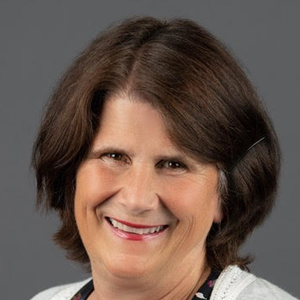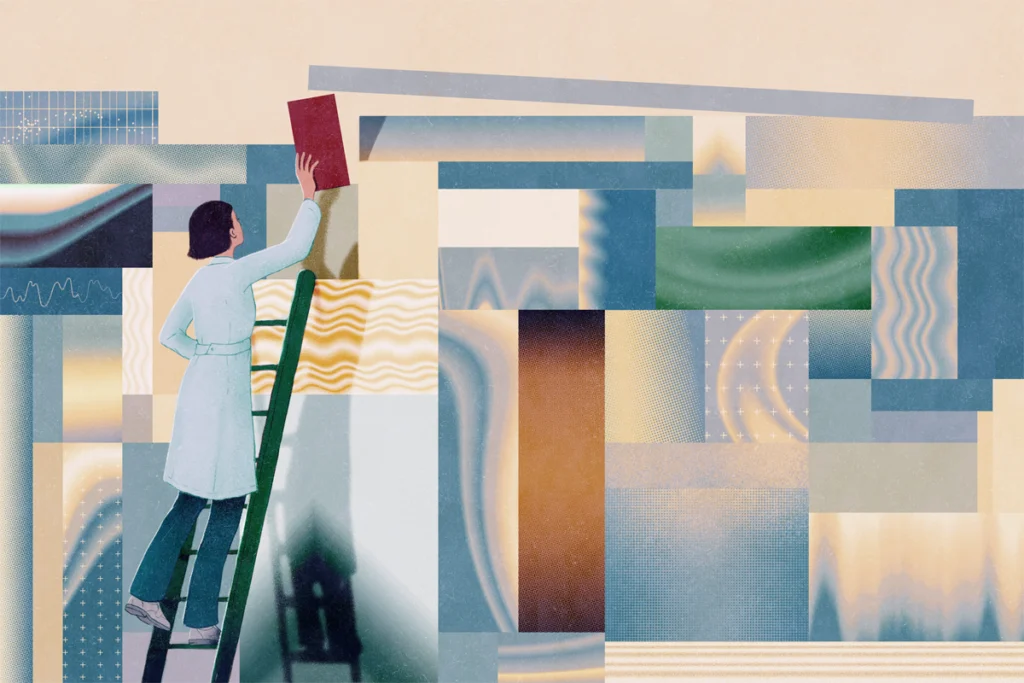Maryann Martone is professor emerita at the University of California, San Diego and maintains an active laboratory, the FAIR Data Informatics Lab.
She started her career as a neuroanatomist, specializing in light and electron microscopy, but her main research for the past 20 years focused on informatics for neuroscience, i.e., neuroinformatics. She led the Neuroscience Information Framework, a national project to establish a uniform resource description framework for neuroscience, and the NIDDK Information Network (dkNET), a portal for connecting researchers in digestive, kidney and metabolic disease to data, tools and materials. Martone is past president of FORCE11, an organization dedicated to advancing scholarly communication and e-scholarship, and she served as editor-in-chief of Brain and Behavior for five years. She completed two years as chair of the Council on Training, Science and Infrastructure for the International Neuroinformatics Coordinating Facility and is now chair of the Governing Board.
Since retiring, she served as director of biological sciences for Hypothesis, a technology nonprofit organization developing an open annotation layer for the web, from 2015 to 2018. She also founded SciCrunch, a technology startup based on technologies developed by the Neuroscience Information Framework and dkNET. Her current projects include dkNET, the Open Data Commons for Spinal Cord Injury, the Open Data Commons for Traumatic Brain Injury, the PRE Clinical Interagency Research ResourCE for TBI (PRECISE), Stimulating Peripheral Activity to Relieve Conditions (SPARC), Re-JOIN HEAL and ReproNim.
Martone received a B.A. in biological psychology and ancient Greek from Wellesley College in Massachusetts and a Ph.D. in neuroscience from the University of California, San Diego.



